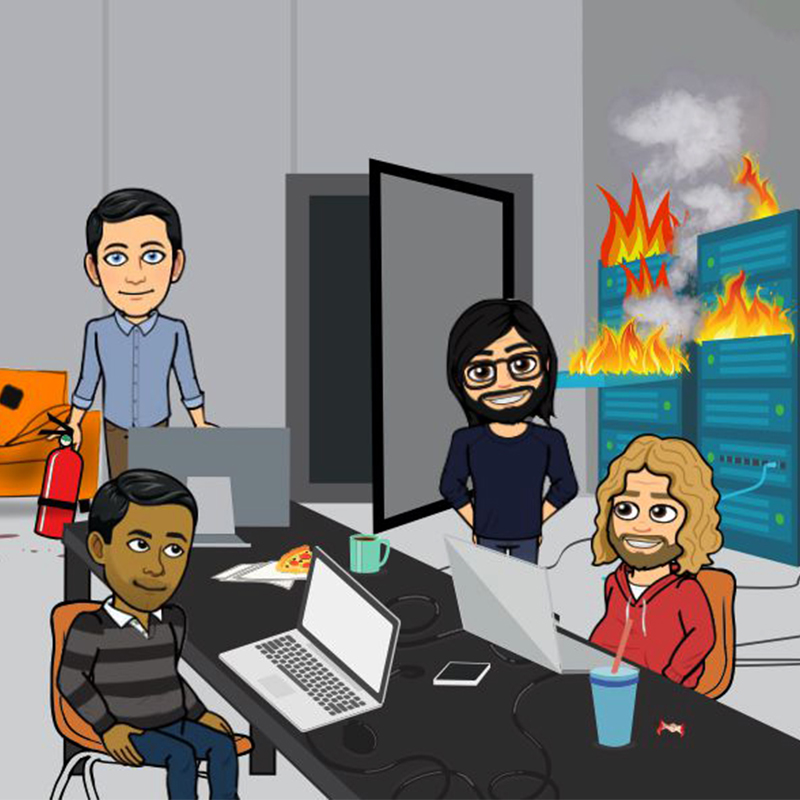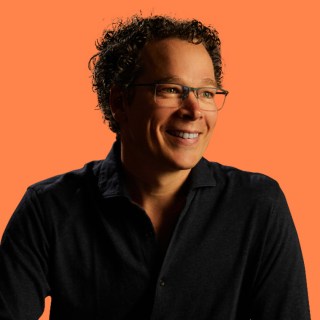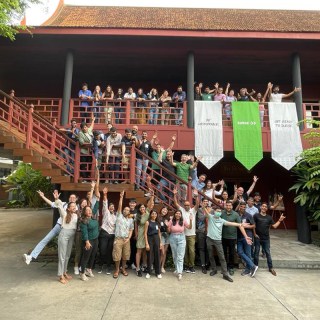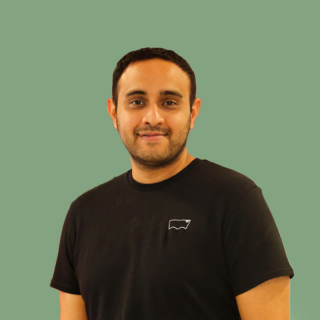Startups across the region are struggling to hire engineers. We think it is time to HCF the current hiring methods that overindex on compensation in terms of salaries. It’s time to create a new method that motivates and incentivizes talented engineers to take on early startup assignments.
Startups across the region are struggling to hire engineers. Founders often think it’s an issue of cost; engineers, most people have been raised to believe, prioritize money and job security when looking for new roles.
This is a strategic mistake. By focusing primarily on compensation, they risk sending a strong signal to the engineering community that the work they have to offer – and the work that engineers do at their companies — is a commodity item. Nothing, of course, is further from the truth in the startup world.
Software engineering and programming attracts dreamers and world builders. They gravitate to the crazy ideas and the ‘world domination’ pitches – provided they have a role to play in that plan for domination.
The phrase ‘Halt and Catch Fire’, known by its acronym, HCF, started off as a fictitious instruction that, when invoked, would cause the CPU to stop all processing. It was an inside joke amongst engineers that eventually became a real feature.
We think it is time to HCF the current hiring methods that overindex on compensation in terms of salaries. It’s time to create a new method that motivates and incentivizes talented engineers to take on early startup assignments.
Communication & clarity
Sequoia India has been helping portfolio founders across the India & ASEAN region recruit tech talent for over eight years.
We began by helping our companies find their CTO, which is the critical first-in hire. This is the person who establishes the startup’s engineering culture, which ultimately helps shape the larger company culture too.
Then we began to turn our focus on the next set of engineers who can change the game, but many startups find hard to reach. When we started, we were a little puzzled at how hard it seemed. Both sides of the market didn’t seem to understand the opportunity. The engineers were playing it safe, and founders weren’t articulating the defining role those early engineers could play in their organization.
So, five years ago we created a recruiting day concept for our founders, with a focus on tapping India’s deep technology talent pool for roles across the region. These events bring a curated list of engineers together with a founder, who gives a deep dive into the company’s vision, culture, mission. The founder also details the role those early-in engineers will play in defining the architecture and the engineering culture; in building teams and product; and in helping chart the trajectory of the company.
During these sessions, we encourage the founder to open up, and talk frankly about their fears and challenges, showcase their architectural choices and seek input and opinion on how candidates would approach or solve problems.
We’ve seen how the exchange of ideas, approaches and challenges creates a vested interest in the vision of the startup. Vested interest blossoms into conviction, excitement and commitment to solving the problem.
In CY2018 we held over a dozen of these recruiting events for individual portfolio companies; we have seven more recruiting events planned for Q1 2019, and aim to host up to 30 this year.
Acqui-hires & culture fit
Another way we help our portfolio companies secure key tech talent is by introducing strong engineering teams to portfolio startups that are on a breakout trajectory and need whole teams to come in to build/scale.
One example is Go-Jek. In 2015, the company was growing exponentially and was only limited by their ability to keep their technology operational. Sequoia India brought in three companies from Bangalore, all of whom were on contract with us to help our portfolio companies, to pitch in. In the process of working together they found a strong culture match; Go-Jek went on to acquire all three, giving them Ajey Gore (Group CTO), Sidu (VP Eng.), Niranjan (CTO Ride Hailing) and Sudhanshu (VP Product) and close to 80 engineers.
We’ve since gone on to create a whole process and roadmap for acqui-hiring engineering teams. Matching strong teams to great missions, and ensuring a culture and aspiration match, has been key to success in this endeavour. In 2018-2019 alone, we helped startups on eight acquisitions that have delivered some intense tech muscle.
Lessons we’ve learned & next steps
Having helped our founders onboard more than 400 engineers in all types of roles – from CTOs and CPOs to developers, PMs, DevOps and Designers – we’ve learned some key lessons:
- Openness and vulnerability reflect the kind of culture that people aspire to be part of.
- Ownership of the critical issues at a startup leads to loyalty to a cause.
- Candidates who form a more genuine, emotional connection with the company treat the option less transactionally.
India has a deep technology and software engineering base that is amongst the best in the world. We think there’s more to be done to help startups across India & ASEAN unlock the talent and unleash their potential.
It’s time to HCF and think about how to motivate and incentivize 10X engineers to become partners in early-stage company building.
We want to do more to help serve as a bridge for our founders and great tech talent. We’ve put a team together to mine our past experiences for insights and we have come up with some exciting ideas. Watch this space for more.









